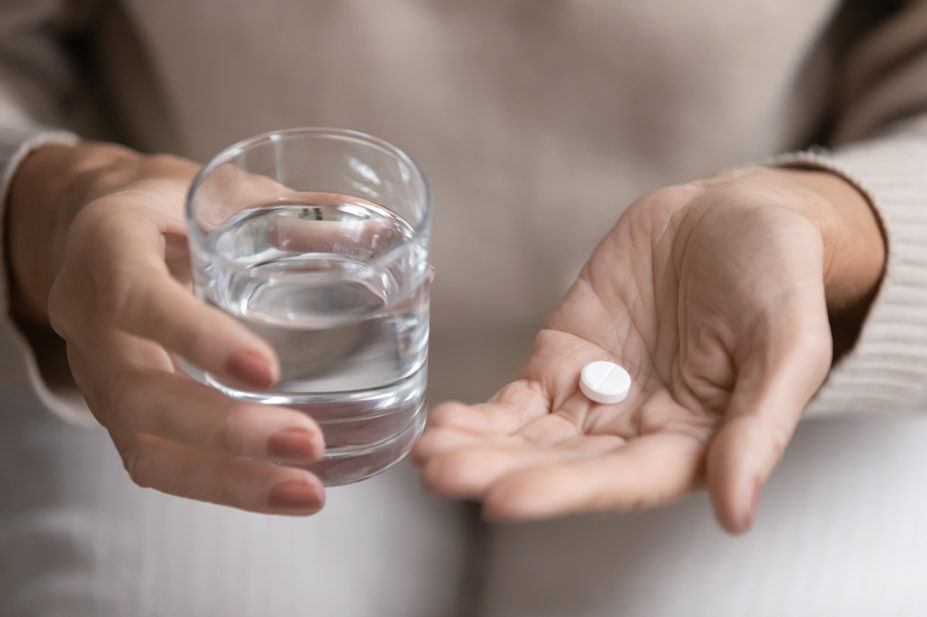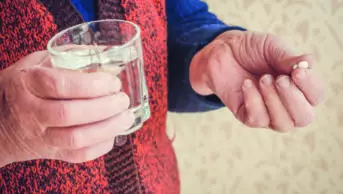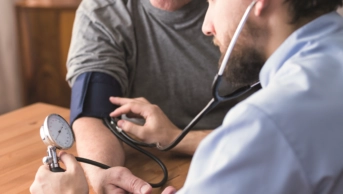
Shutterstock.com
People should be advised to take antihypertensive medicine at whatever time of day suits them best, say researchers, after finding no difference in the chances of cardiovascular events for people taking the drugs in the morning or evening.
As part of the study, which was presented at the European Society for Cardiology Congress in Barcelona, Spain, on 26 August 2022 and funded by the British Heart Foundation, researchers at the University of Dundee, Scotland, recruited 21,104 UK adults already taking antihypertensive drugs and randomised them into two groups, with half taking their usual medication in the morning, while the others took it in the evening.
Participants were followed up for an average of five years, using regular emails and linkage to medical records to keep track of their health.
The study found 3.4% of participants who took their medication in the evening had a heart attack, stroke or died of cardiovascular disease, compared with 3.7% of participants who took their medication in the morning. The researchers found that this was not a statistically significant difference (hazard ratio 0.95, 95% confidence interval 0.83 to 1.10).
The findings follow research conducted in 2020, which suggested that blood pressure-lowering medication was more effective at keeping blood pressure under control if taken at bedtime. However, the study methodology has been criticised and its findings questioned.
In April 2020, the European Heart Journal, in which the study was published, issued a statement noting that the study is “currently under investigation” and adding that the results should be interpreted with caution.
Helen Williams, consultant pharmacist for cardiovascular disease at South East London Integrated Care System, said the latest study “confirms what everyone suspected” about the 2020 study.
“This is reassurance that we did the right thing by not moving everyone to evening [dosing],” she said.
“My experience is that people have more of a routine in the morning and can more easily build their medication into that. Evenings we tend to have a less standardised routine. This study suggests it doesn’t matter that much — make a decision about when is good for you.”
But she added that pharmacists should encourage people to stick to a consistent routine for their medication, as some patients might interpret the study to mean that they could take it at any time of day, varying from one day to the next.
“Try to be as consistent as you can so you take it at the same time — that consistency is important,” she said.
Thomas MacDonald, principal investigator for the study and clinical professor in molecular and clinical medicine at the University of Dundee, said: “The trial clearly found that heart attack, stroke and vascular death occurred to a similar degree regardless of the time of administration.
“People with high blood pressure should take their regular antihypertensive medications at a time of day that is convenient for them and minimises any undesirable effects.”


